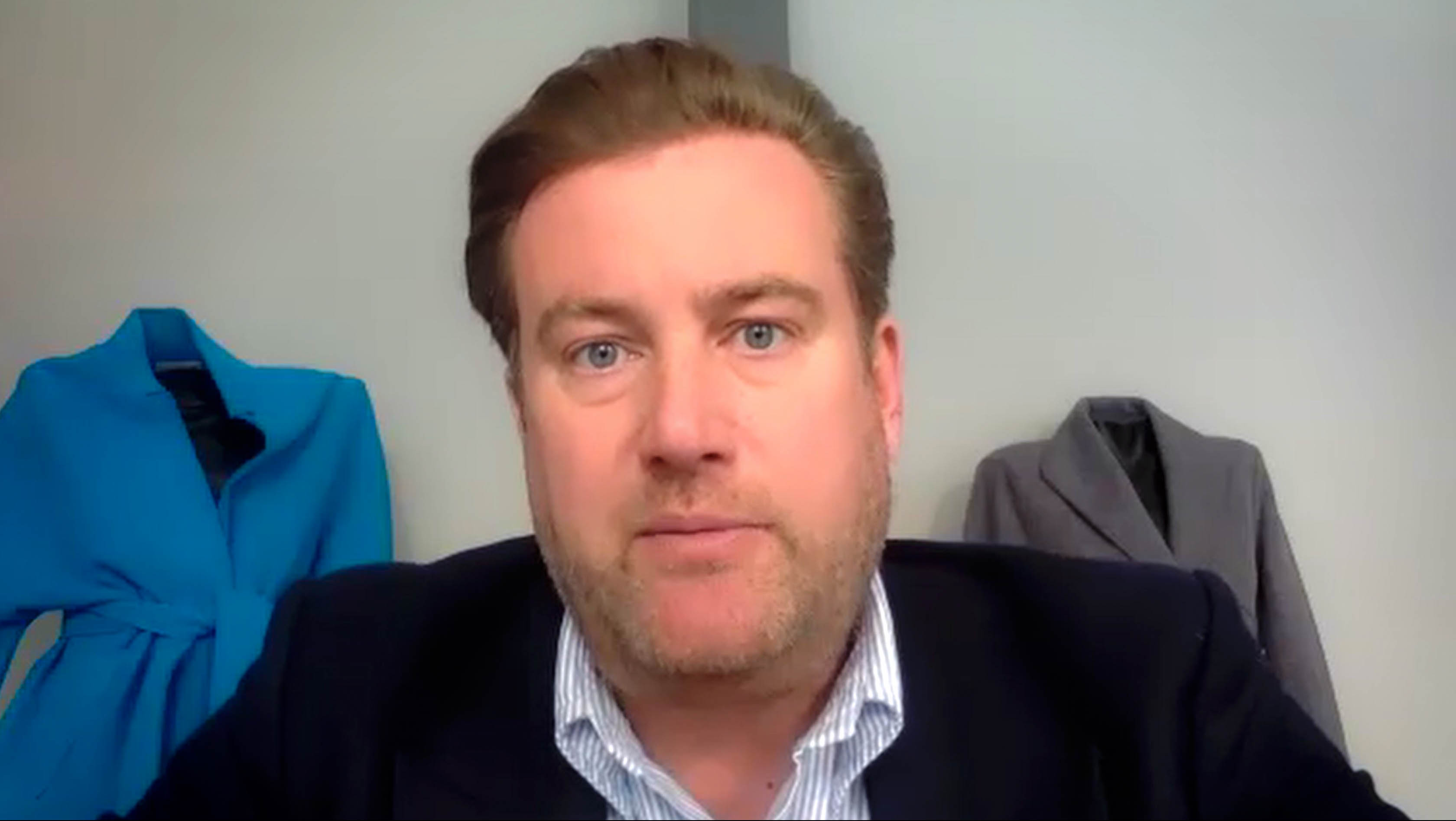
Founding Story of IWC
Former Marketing Director at Richemont, IWC Schaffhausen
inpractise.com/articles/iwc-globalizing-luxury-brand
Why is this interview interesting?
- The IWC luxury brand DNA: truth and authenticity
Jens Fabian Herdieckerhoff
Former Marketing Director at Richemont, IWC Schaffhausen
Interview Transcript
If you could just provide some background on IWC’s heritage and brand positioning when you joined?
When I joined, which was in 2002, IWC was a very niche luxury brand. That’s to say niche in terms of it’s positioning as a luxury watch brand in the Germany-speaking part of Switzerland, basically, the only one because all of the other well-known brands whether Rolex or even Breitling that sounds remotely German, but it’s not. They’re all in the Europe part of Switzerland, so in the very Francophone part of the country. All the way down to Lake Geneva. That already made the brand slightly different. Far more than that in terms of product, it was a brand that was very technical. There was nothing about glamour, nothing about ostentatious luxury, it was all about the technology and watch-making and craftmanship, which in turn meant that the clients were very much people that were engineers, doctors, pilots, people caring about technology very much. Not people looking out for necessarily a status symbol, something of perfect quality, but very understated, down to earth, and very niche.
The markets were the German-speaking countries and a little bit of Italy and that was more or less it. Even though the brand was distributed to a certain extent in Asia, it was never really done whole-heartedly. It was not a global brand, it was basically a Germanic, very niche technologically oriented luxury brand. Far away from the worldwide luxury global brand it is today.
Why was that the case?
IWC was always a company that never had the need to focus an to expand globally because the production was always sold anyway. It was most of the time a family owned business. It changed hands a few times over the course of the 150 years that the brand exists. At the end, it was part of the German management group Les Manufactures Horlogères SA ("LMH"). It was basically a toy of the managing directors who were happy to have that little jewel in their portfolio. Nobody really wanted to make it into a global brand before we bought it. Yes, it had a happy existence but never very much ambition to turn into a global brand.
What was the core strategy of Richemont when they purchased IWC?
They didn’t only purchase IWC, at the same time they purchased the two sister brands Jaeger-LeCoultre (JLC) and A.Lange & Sohne. For at the time, created some money. People said Johann Rupert must have been completely out of his reasoning to pay that amount of money for it. They were all proven very wrong because the brands are now worth a lot more. Richemont just saw that there was a huge opportunity of uncut diamonds there that could be developed from a niche brand into a global luxury brand. You must also remember at that time there was no IWC boutique available or anything like that around the world. There were no online sales. It was basically just sold to the classical retail channel with jewelers in the Germanic countries. To have the vision that that brand had the right DNA to be turned into a global luxury brand was truly visionary Johann Rupert. He was proven right 20 years later.
What do you think it was about that brand DNA that made it possible to make it into a global brand?
Copyright Notice
This document may not be reproduced, distributed, or transmitted in any form or by any means including resale of any part, unauthorised distribution to a third party or other electronic methods, without the prior written permission of IP 1 Ltd.
IP 1 Ltd, trading as In Practise (herein referred to as "IP") is a company registered in England and Wales and is not a registered investment advisor or broker-dealer, and is not licensed nor qualified to provide investment advice.
In Practise reserves all copyright, intellectual and other property rights in the Content. The information published in this transcript (“Content”) is for information purposes only and should not be used as the sole basis for making any investment decision. Information provided by IP is to be used as an educational tool and nothing in this Content shall be construed as an offer, recommendation or solicitation regarding any financial product, service or management of investments or securities.
© 2026 IP 1 Ltd. All rights reserved.


